Jasmine Birtles
Your money-making expert. Financial journalist, TV and radio personality.

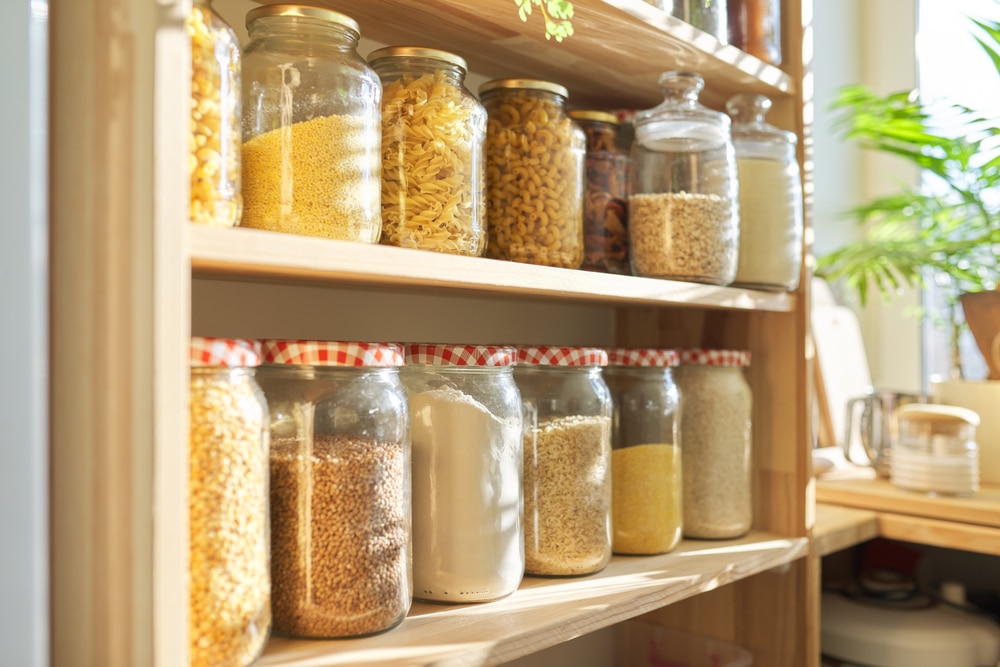
Missed your bus? Caught in the rain? Long day at work? Then the British thing to do is put the kettle on and open a packet of biscuits.
Comfort food can get you through anything.
But what if your favourite coffee brand has been priced out of the supermarkets? Or all the delicious, rich, Belgium chocolate has tripled in price? It’s almost hard to imagine a world where simple pleasures suddenly become so pricey, we have to save for weeks.
However, in the current climate, it may just become a reality. Post-Brexit UK, along with the pressures of Covid-19, means food prices are likely to increase 5% by Autumn 2021.
In this article, we’ll explain why it’s time for you to start stockpiling.
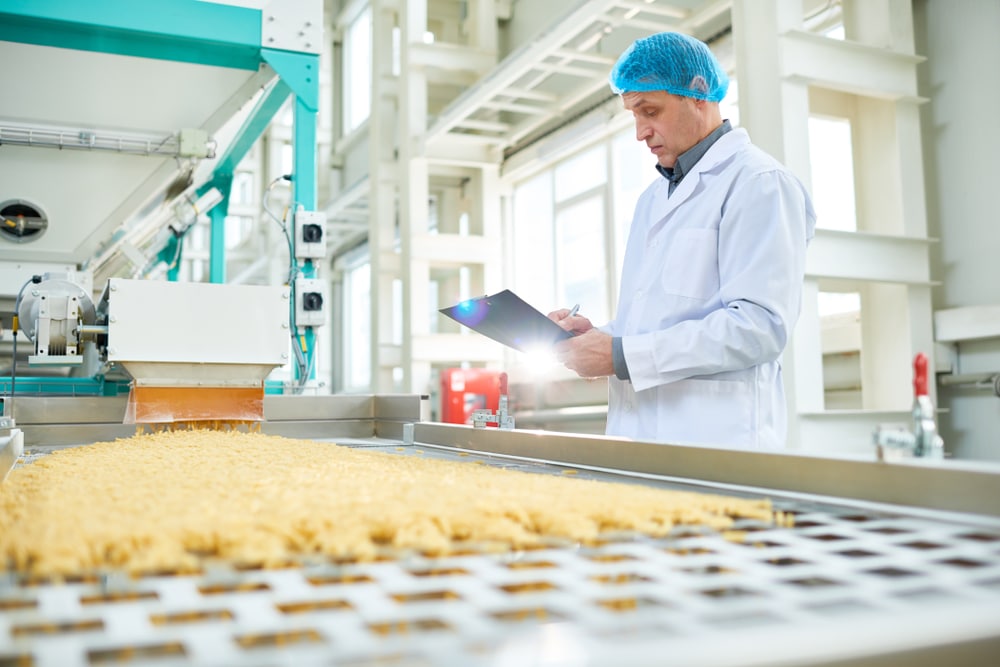
Of course, one of the biggest issues the world has faced in recent years is the Coronavirus pandemic. According to The Association of Independent Meat Suppliers (AIMS), Covid has impacted the food industry on every level. From those harvesting crops, to those processing and packaging food, HGV lorry drivers to supermarket staff, all areas of the process from farm to shop have been impacted in some way.
This is mainly due to a reduced workforce as a result of sickness, isolation periods and furlough schemes. According to The Guardian, the food processing industry is estimated to be missing approximately one fifth of it’s workers, with some businesses working with only half of the optimal workforce.
In addition, a no-deal Brexit has meant imports to and from the UK have been paused and ultimately reduced in recent months, which has limited food supplies. Brexit has also added to the reduction in food workers, as there is a lack of seasonal and long-term international labourers being granted work permits. Workers from the EU, who could previously work freely in the food industry, are now struggling to meet the criteria of the Government’s new immigration system.
Ultimately, a huge loss of staff both in the UK and globally, has contributed greatly to the food shortage.
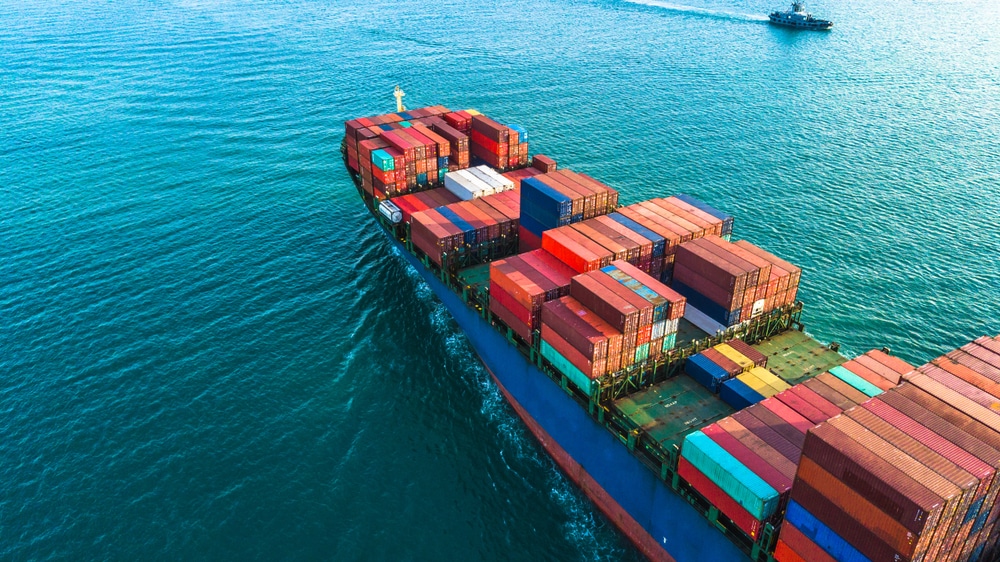
Shipping container shortages are deeply impacting global trade. A large number of these containers are stuck in Europe and North America. Not only has this shortage resulted in delays of up to two months, according to Ship Technology, but container prices have almost doubled.
When the pandemic hit in early 2020, local and national lockdowns resulted in many food production lines being halted or reduced, and ultimately shipping companies began to reduce the number of cargo ships being sent out. According to Ship Technology, not only has this reduced the flow of commodities being imported and exported, but also the number of containers being returned.
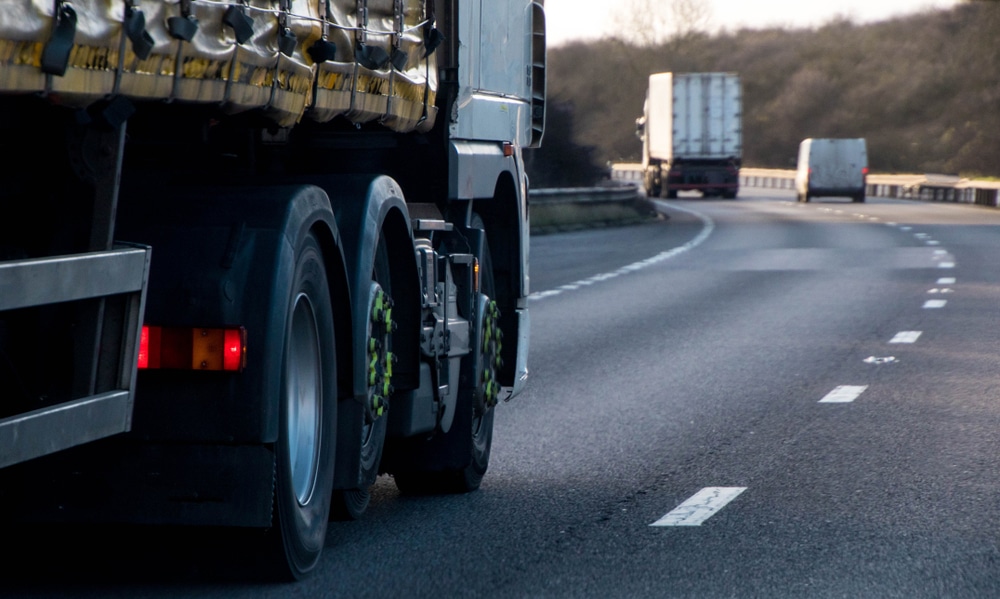
As previously discussed, reduced workforces have had an impact on the food industry, but there has been a particularly notable reduction in lorry and HGV drivers. In recent days, the Government and UK retailers have been in emergency talks to address the issue.
Both Lidl and Tesco have blamed empty shelves and a lack of products on the lorry driver shortage. The Guardian suggests the country has seen a loss of approximately 100,000 lorry drivers as the result of Brexit and Covid, which experts warn will contribute greatly to a summer of food shortages.
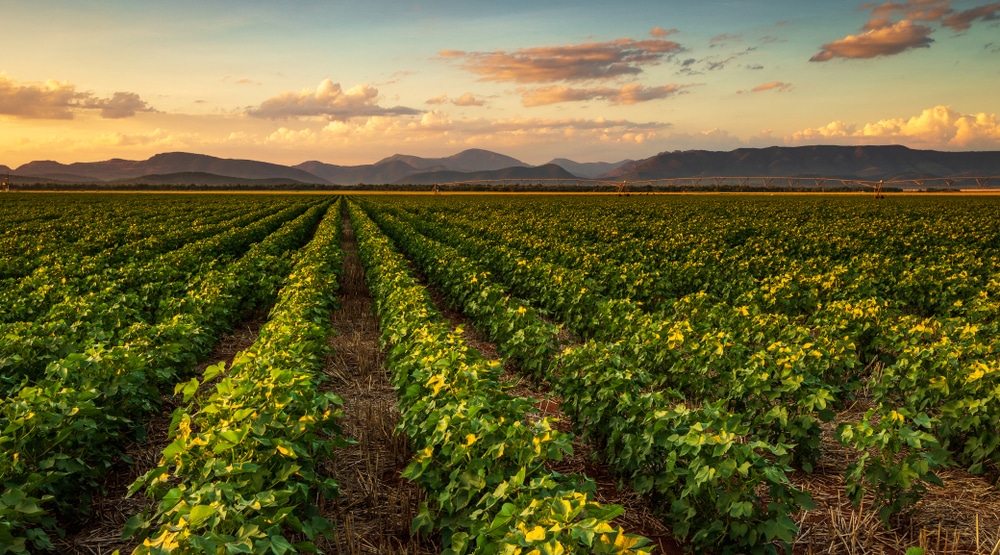
Globally recognised names such as Microsoft’s Bill Gates and Facebook’s Mark Zuckerberg are buying up farmland both in the US and globally. In fact, Gates just became the largest private farmland owner in America, quietly buying up almost 250,000 acres of farmland.
Although it isn’t clear what the farmland is going to be used for as of yet, it’s put a halt in the production the farmland was once home to. This loss seeps into local and national communities, and with the US partly responsible for the growth of food necessities such as corn, soya beans and wheat, this has impacts on a global scale.
More controversially, Zuckerberg has been buying Hawaiian farmland for many years, most notably acquiring 700 acres of land for $100 million (approx. £72.2 million) back in 2014. More recently, he and his wife bought 600 acres of land on the same island for $53 million (approx. £38.3 million). Both purchases have been in dispute, due to claims the land was left for native farm owners back in the 1800s.
Not only is production stunted by these purchases, as they are often out of agricultural use for periods of time, but the monopolisation of global farmland by the wealthiest people in the world is a scary prospect. Not only do monopolies on farmland lead to increased food prices due to the desire for high profits, but The Norwich Radical suggests the increased use of chemicals to encourage mass growth can actually have adverse effects, leading to reduced genetic diversity and resilience of crops.
However, if this is freaking you out…take a deep breath.
Empty shelves as the result of Brexit and Covid are not likely to require apocalyptic style hoarding. They also do not need to be seen as a cause for concern or panic.
Although food shortages and the inevitable inflation of prices aren’t to be celebrated with shouts of joy, when you have a head start, you can start making savings now and stay ahead of the game.
From a certain perspective, stockpiling could be seen as beneficial. This is because 1) you could find the price of your favourite foods increase dramatically, and you could then sell off any commodities for a slightly higher price than you originally paid, or 2) you may never need to go shopping for Italian biscotti again.
When it comes to investing, a diverse portfolio is key, and the same rule applies when filling your cupboard with items from the EU.
To begin with, make a list of popular European foods, and start buying in bulk those which have a long shelf life, or are non-perishable. Such foods include:
As highlighted by The Independent, some food items have already seen a rise in price since the Brexit vote. For example, “the cost of a 100g jar of Nescafé Original at Sainsbury’s has gone up 40p from £2.75 to £3.15 – a 14 per cent rise” and the price of a 250g jar of Marmite has increased by 12.5%.
According to a committee of the House of Lords, the British public should also bear in mind the fact that 40% of vegetables and 37% of fruit sold in the UK comes from the EU. This suggests that it could also be worthwhile to start stockpiling tinned fruit and vegetables, especially as the UK’s favourite apples and mandarins come from Spain and France.
BUY WHOLESALE
The most important part of stockpiling to save money is doing so affordably. Shopping around at warehouses, shopping clubs and food cooperatives will often reward you if you buy in bulk. Check out some of the best places to do that below:
Organic cooperatives
Bear in mind that this does require a high minimum order of £250 so it could be worth getting together with friends to make the most of your money.
Wholesalers
Independent supermarkets can also be great places for deals and discounts and can assure you that your money is going to local produce! London based The People’s Supermarket and Manchester based Unicorn Grocery are good examples of these, but it is always good to look out for others in your area.
For those who like the convenience of local supermarkets, make sure you check out Trolley.co.uk where you can save up to 30% by comparing prices on your groceries.
Top tip: remember that supermarkets sometimes want to fool you into thinking that more packaging means more product and therefore better value. Compare packages for size and worth and you might find the smaller ones save you money.
Check out the 8 sneaky supermarket tricks that you need to know.
Disclaimer: MoneyMagpie is not a licensed financial advisor and therefore information found here including opinions, commentary, suggestions or strategies are for informational, entertainment or educational purposes only. This should not be considered as financial advice. Anyone thinking of investing should conduct their own due diligence.

The lorry driver shortage is because of an exodus of older more experienced drivers that have had enough. I know i was one for 34years. Treated awful, wages have been stagnant for many many years. Tied in with a ridiculous cpc course you have to take and maintain. Companies asking for professional drivers but want to pay amateur wages. Bare in mind the responsibilities you have, some companies and agencies offer a rate of pay that shelf stacking pays (not insulting anybody who stacks shelves btw). One mistake on the motorway and you can end up on News at Ten!… Read more »
That’s very interesting and makes sense. It explains a lot. The haulage business clearly needs an overhaul!